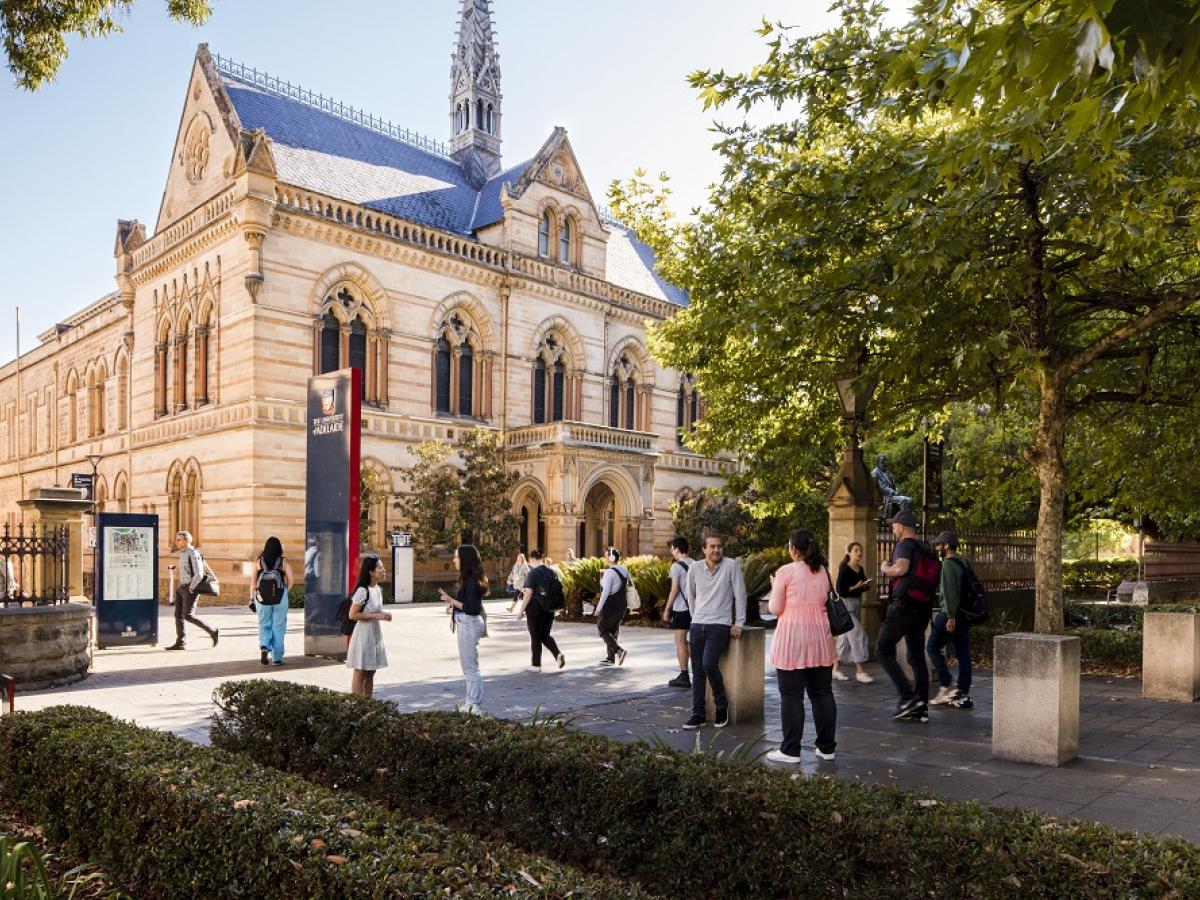
Researchers from the University of Adelaide will share in more than $4.5 million of funding through the latest round of the Australian Research Council’s Discovery Early Career Researcher Award.
The 10 successful candidates are exploring topics including the need for law reform to mitigate bushfire risks to whether humans can use recognition technology for facial identification.
Deputy Vice-Chancellor (Research) Professor Anton Middelberg congratulated the recipients on their achievements.
“The University of Adelaide is a global leader in ground-breaking transformative research and these projects are no exception,” he said.
“We are committed to creating opportunities at our institution for early-career researchers to make an impact on the most challenging issues facing our world, underpinned by this investment from the Australian Research Council.”
The full list of University of Adelaide recipients include:
Dr Phillipa McCormack of the Adelaide Law School was awarded $482,990 to support effective, equitable and timely fire mitigation through law reform which should assist policy makers, fire agencies and communities help ecosystems to thrive in a future increasingly defined by fire.
Dr Bing Yan, School of Electrical and Mechanical Engineering, was awarded $445,691 for a project to develop safe and effective collaborative technologies which combine control and learning for diverse autonomous entities, allowing them to adapt to complex and hazardous environments. This could be used to improve collaborations between ground vehicles and drones in disaster responses.
Dr Daniel Carragher, School of Psychology, was awarded $478,861 to investigate whether humans can use facial recognition technology effectively to assist in face identification tasks, leading to the development of world-first methods to improve current accuracy.
Dr Jodie Yuwono, School of Chemical Engineering, was awarded $450,331 to begin designing an efficient high entropy alloy (HEA) catalyst cathode for applications in metal CO2 batteries and CO2 electrolysers which could put Australia at the forefront of intelligent energy materials.
Dr Navid Freidoonimehr, School of Electrical and Mechanical Engineering, was awarded $429,991 to enhance the understanding of how turbulence within pipelines — like those used for drinking water or wastewater — drives fluid loss and increases the energy required to maintain flow.
Dr Emma Watson, School of Physics, Chemistry and Earth Sciences, was awarded $483,591 to develop new molecular circuitries for use in bio-sensing and control, which could be used in future for more targeted drug delivery, and other uses.
Dr Jinqiang Zhang, School of Chemical Engineering, was awarded $436,691 to develop novel non-noble metal/metal oxide materials with multiscale metal-support interfaces for unravelling photothermal catalytic mechanism, which can harness full-spectrum sunlight and robustly convert carbon dioxide and natural gas into high value-added fuels.
Dr Cheryl Suwen Law, School of Chemical Engineering and Institute for Photonics and Advanced Sensing, was awarded $456,691 to develop new-generation sensors, inspired by specialised receptors in shark skin which will remotely detect objects based on their unique electrical, optical and thermal fingerprints and integrate them into smart architecture.
Dr Gemeng Liang, School of Computer and Mathematical Sciences, was awarded $431,191 to develop high-energy and low-cost lithium-rich manganese-based cathodes for the next generation of lithium-ion batteries.
Dr Rahil Valani, School of Computer and Mathematical Sciences, was awarded $465,331 to connect active-matter physics with the mathematics of chaos to investigate the effects of encoding chaos in individual active entities on emergent collective behaviours and their subsequent control.






